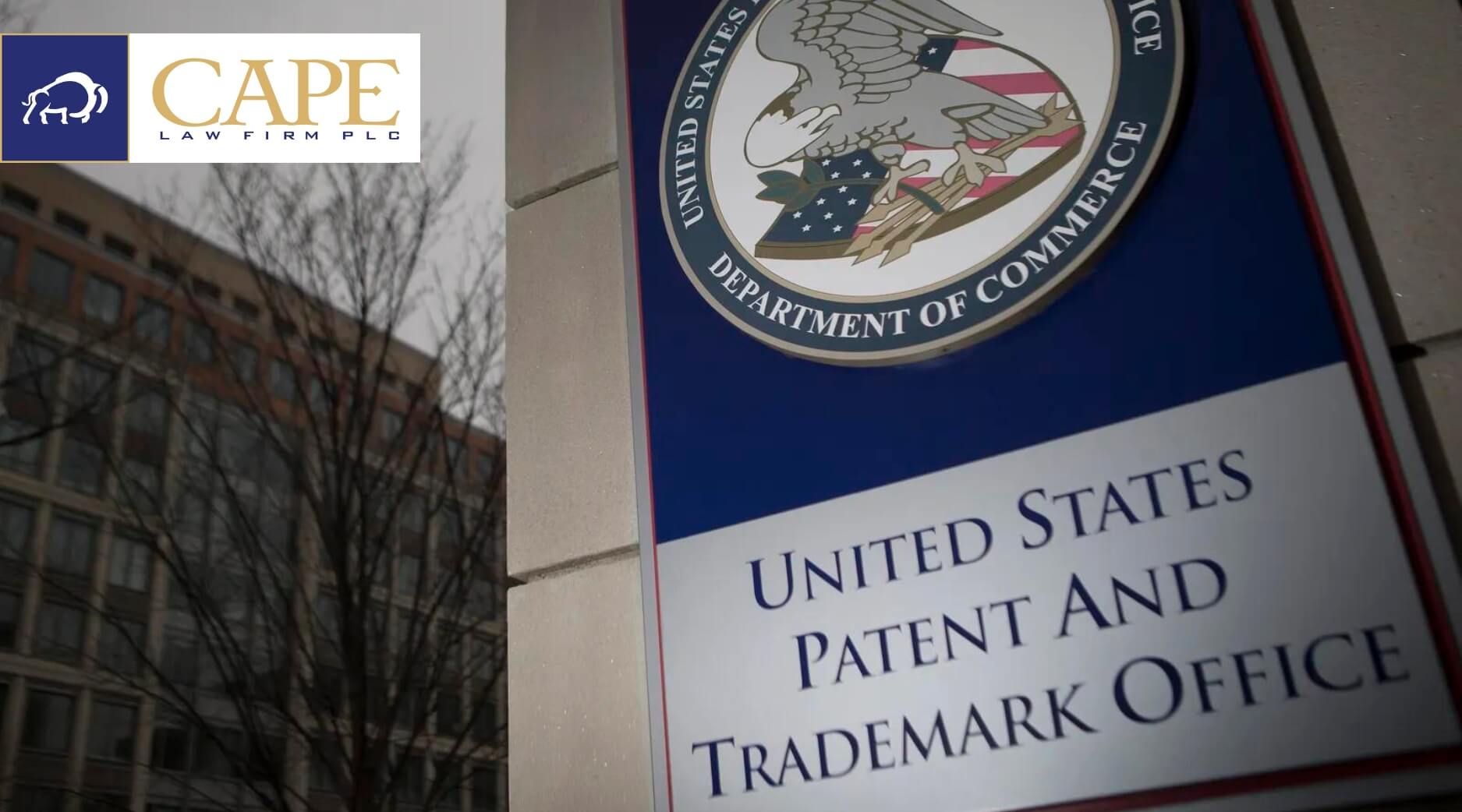The U.S. Patent and Trademark Office (USPTO) is seeking the public’s views on a possible change in U.S. patent law to codify an experimental use exception to infringement. Agriculture is among the key interest groups that the USPTO is hoping to gain comments from as part of its joint efforts with the USDA to promote fair competition and innovation in seeds and agricultural inputs.
There currently exists a narrow “experimental use” exception to patent infringement which was created by courts over 100 years ago. Simply stated, the experimental use exception permits the making and use of a patented invention “for amusement, to satisfy idle curiosity, or for strictly philosophical inquiry” as a defense to a claim of patent infringement. Courts have construed the defense very narrowly – if the experimentation (or “research”) has a profit motive, or a definite commercial purpose, or is simply in furtherance of the researcher’s legitimate business, the experimental use defense will not apply. In contrast, several countries have experimental use exemptions built into their intellectual property laws which allow scientific research or experimentation for academic instruction.
The USDA’s 2023 report, More and Better Choices for Farmers: Promoting Fair Competition and Innovation in Seeds and Other Agricultural Inputs noted that innovations for plants may be stifled because access to germplasm is often restricted by I.P. protections, putting the materials out of reach for plant breeders and researchers for scientific study and development of improved varieties. As a result, the USDA and USPTO indicated they would investigate the potential for changing some aspects of the patent laws to address these concerns. One area the USPTO singled out was the potential for “research or breeders’ exemptions for U.S. utility patents.”
Critics of the current experimental use rule claim that it impedes innovation by preventing legitimate scientific inquiry and researchers’ access to technologies. On the other hand, proponents argue that keeping the exception very narrow promotes innovation by rewarding inventors with strong patent rights. It is worth noting that the Plant Variety Protection Act has included a “bona fide research” exception since it was originally passed in 1970.
The USPTO’s request seeks comments on several issues, including (i) how current law affects research, (ii) the impact and experimental use exception would have on investment, sales, competition, and patent enforcement, (iii) how an experimental use exception would be defined, and (iv) public policy reasons for either maintaining the status quo or modifying the experimental use exception.
Comments will be accepted until September 26, 2024 and can be submitted online at www.regulations.gov under Docket Number PTO-C-2024-0023. You can also read the Agency’s notice in the Federal Register here.
Release the Moonshiners
A group of hobby distillers recently won an early victory in a Texas federal court to end a 156-year-old ban on at-home distilling of spirits. The distillers’ group sued the Alcohol and Tobacco Tax and Trade Bureau (TTB) and the Justice Department to challenge the federal statutes banning at-home distilling for personal consumption. To a large degree, Congress regulates commerce in alcohol through its constitutional power to impose taxes. The court ruled that the ban was not only unconstitutional but also a bit of a buzzkill, exceeding Congress’s power to tax and regulate commerce. The court also entered a permanent injunction prohibiting the government from enforcing the statutes (at least against the distillers that established standing to challenge the laws). You can read the court’s opinion from Hobby Distillers Association, et al. v. Alcohol and Tobacco Tax and Trade Bureau, et al., Case No. 4:23-cv-01221, (N.D. Tex. 2024) here.
We’re raising our mason jars to these plucky distillers for their ingenious legal challenge and the fine spirits that may flow from their stills. Bottoms up!





